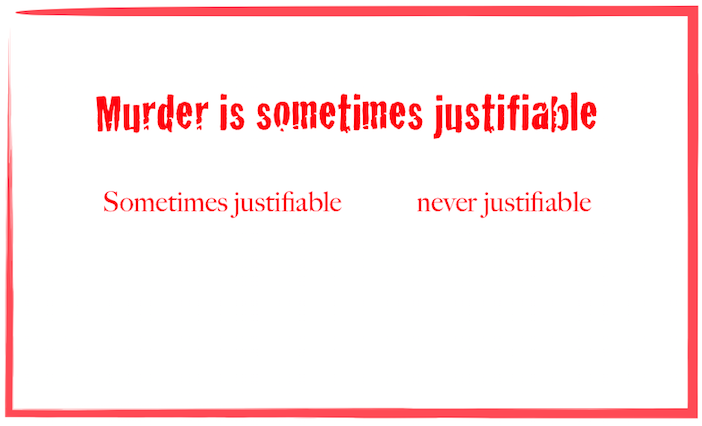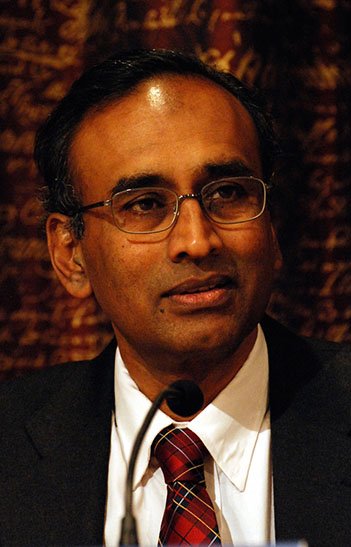Shots of Science – Petitions, Morality, and the Royal Society
Basic Science Funding in Ireland
900 scientists in Ireland have signed a petition calling on the government to change the national research strategy to incorporate basic science funding. The current strategy funds 14 specific areas of science targeted to create jobs and boost the economy. While this is important, researchers say Ireland’s scientific research which does not fit into these 14 areas has been asphyxiated. Fields like neuroscience and evolutionary biology have no national level funding in Ireland. Basic scientific research is not always glamorous, but the scientists slogging away in the lab on smaller pieces of the scientific pie yield incremental advances which are the bread and butter of science. A strong scientific economy is not made up of a few narrow expert areas, but of a wide scientific community which creates a codependent ecosystem. With student numbers rising, and the number of researchers to teach them falling, the Irish government strategy risks creating a next generation of Irish scientists with poor grounding in general scientific techniques or the loss of brilliant new scientists because there is no funding in their field in Ireland.
Biasing Moral Decisions

Researchers from Sweden have shown that moral decision making can be manipulated by a machine. Subjects were presented with a moral statement on a screen such as, ‘murder is sometimes justified’ and asked to choose if it was sometimes justifiable or never justifiable. Their eye movements were tracked to see how long their gaze rested on each option and they were prompted to choose which statement they agreed with once they had spent at least 750 milliseconds on one option and 250 milliseconds on the other. It is already known that we spend more time looking at an option we will choose and the decisions made by the participants bore this out. However the next stage of the experiment added something new. New participants were presented with the same moral statements but this time the computer randomly chose one answer and only asked the participants to decide when they had spent at least 750 milliseconds on the chosen answer. The computer also prompted the decision when the participants gaze was resting on that answer. The results skewed the decision 58% in favour of the computer’s chosen answer even if the participant had sometimes spent a longer amount of time looking at the alternative option. Eye movement therefore can play a role in moral decision making and a person’s choice can be influenced. Although this laboratory experiment is not directly correlated to a real life situation, the results present an uncomfortable truth that human morals can easily be manipulated.
New President of the Royal Society Elected

Sir Venkatraman (Venki) Ramakrishnan will join the list of names that include Christopher Wren, Samuel Pepys, Isaac Newton, Joseph Banks, Humphry Davy, and Ernest Rutherford this December 1st. Sir Venki is the new President elect of the Royal Society and will take over from Paul Nurse. The Royal Society was founded in the 1660s in London and its purpose
“is to recognise, promote, and support excellence in science and to encourage the development and use of science for the benefit of humanity.”
Fellows of the society in the past century have included the household names Albert Einstein, Alexander Fleming and currently Stephen Hawking. Sir Venki himself however lives up to the job of President. He was awarded the Nobel Prize in Chemistry in 2009 for ‘studies in the function and structure of ribosomes,’ the part of your cell which makes proteins. More specifically he researches how genetic information is used by the ribosomes to make protein and how antibiotics interact with this process. He has degrees from Baroda University in India and Ohio University in the USA. He has worked at University of California San Diego, Yale University, Brookhaven National Laboratory, Utah University and currently based in Trinity College, Cambridge.
